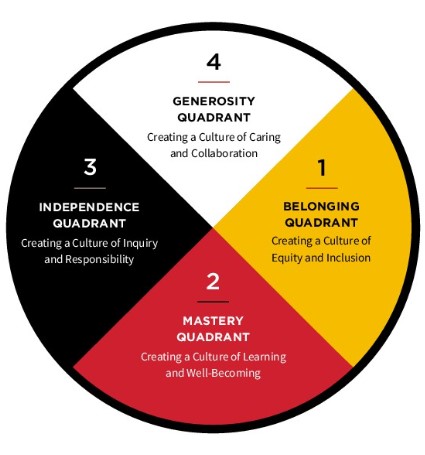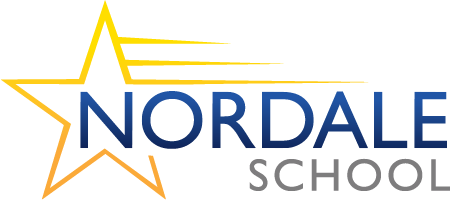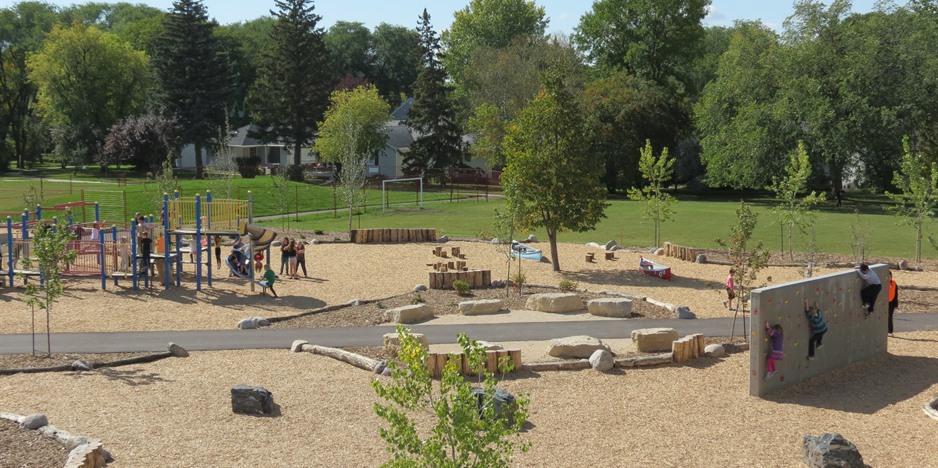NORDALE W.I.L.L Welcome, Inspire, Lead, Learn School Plan 2019-2020
Each year School Plans are developed to assist schools in focusing their energies to meet the emerging realities in a school in any given year. At Nordale in the 2018-2019 school year we focused on the traits and skills of an Educated Person as a way of framing programing to deliver essential content to students. This fall the Louis Riel School Division unveiled its Multi-Year Strategic Plan which will help schools guide their planning for the years to come.
The LRSD Multi-Year Strategic Plan with its focus on the four quadrants of the Circle of Courage is a natural segue from Nordale’s Educated Person journey of a year ago. Taking the qualities of a Lifelong Learner and our focus on Responsibility, Curiosity, Confidence, Empathy and Problem Solving Nordale will now expand on those as they relate to Generosity, Belonging, Mastery, Independence as the four Pillars of the MYSP.
Our goal will always and should always continue to be; Developing capable numerate and literate citizens that can display caring and empathy for each other and our planet in the years to come.
At Nordale, school staff collaborate on class profiles three times a year to develop goals and strategies identified to address the elements of the school plan. Initiatives introduced in the fall are re-visited in profile meetings to check on status and successes. As plans are always fluid to ensure that they are meeting students needs, regular check-ups ensure that plans are on course. Students data collected through yearly Our School surveys help inform decisions. Additional information collected through our Data Literacy Initiative will help drive school planning in the coming years.
Through that lens and incorporating the Louis Riel School Division Multi Year Strategic Plan the 2019-2020 Nordale School Plan will continue to evolve.

Generosity:
Generosity is shown through opportunities to show concern in acts of kindness and altruism.
“I am considerate to others”
• To facilitate more opportunities for the students to exercise generosity towards peers daily.
• To continue and increase school-wide and classroom initiatives aimed at fostering altruism in our students.
• To increase knowledge and foster our understanding of indigenous perspectives through the circle of courage across all quadrants
• To continue and increase school-wide and classroom initiatives aimed at fostering altruism in our students.
- Main Street Project
- Student led intramurals
- Hot Dog Day Fundraiser Anti Bully Campaign
Belonging:
Belonging is developing through opportunities to build trusting bonds of human attachment.
“I am loved”
• To investigate instructional practices to use in our classrooms that will foster greater feelings of belonging for our increasing diverse student population.
• To foster a greater sense of school-wide belonging through school-wide activities and initiatives.
• To increase knowledge and foster our understanding of indigenous perspectives through the circle of courage across all quadrants
• To continue to explore the relationship between mental health perspectives and the impact on culture and climate and student learning
• Student focus groups and student leadership cohorts providing student voice on culture and climate
Mastery:
Mastery requires opportunities to creatively solve problems and meet goals for achievement.
“I can succeed”
• To develop instructional practices that increase opportunities for students to be succesful in a variety of ways in the classroom. These practices should promote risk-taking and learning from mistakes as essential components of the learning process.
• To provide more opportunities for students to experience mastery through opportunites in a variety of contexts. (clubs, extra-curricular activites, maker-spaces, .)
• To increase knowledge and foster our understanding of indigenous perspectives through the circle of courage across all quadrants
• To continue to explore the relationship between mental health perspectives and the impact on culture, climate and teacher efficacy
• School wide interventions both early years and middle years using OG cohort of teachers
• School wide interventions for numeracy in both early years and middle years
• Working towards making learning activities fun- i.e. Literacy, Numeracy, Content area Games; Learning through play; Rhythmic activities/Songs/ poems
• Use technology to increase engagement; Mimeo, iPad, laptops integrated into teaching and learning
• Balanced literacy program (Words Their Way word study, guided reading, writing, small group, whole group, individual instruction); vocabulary instruction; Leveled reading and spelling (K-4); F&P reading assessment and spelling assessment gr. 1-8;
• Connecting with Interests of students- i.e. Inquiry project or art activity related to class content; choices reflecting Multiple Intelligences; variety of learning activities to respond to individual strengths and interests
• Social Interaction- Collaboration with Others in Constructing Knowledge i.e. collaborative small groups; RC reflective discussion in pairs or small groups; including academic topics in Morning Meetings; math/science centres; Daily 5
• Meeting Sensory Regulation Needs- before and during learning activities
• Interesting Texts and Choice of Text - MYRCA books; collaboration with teacher-librarian
• Explicit Strategy Instruction- Differentiated Instruction; Step-by-step instruction; Scaffolding – need to work on more consistently
• Cross-curricular Integration
• Orton-Gillingham small group instruction/whole class instruction
• Writing supports- graphic organizers; vocabulary study; frequent quick-writes and some projects; Handwriting Without Tears
Independence:
Independence is fostered by opportunities to grow in responsibility and autonomy.
“I have the power to make decisions”
• Increase student capacity to take responsibility for self.
• Teach so that students have a personal understanding of the emotions and management of emotions that stand in the way of independence.
• To increase knowledge and foster our understanding of indigenous perspectives through the circle of courage across all quadrants.


